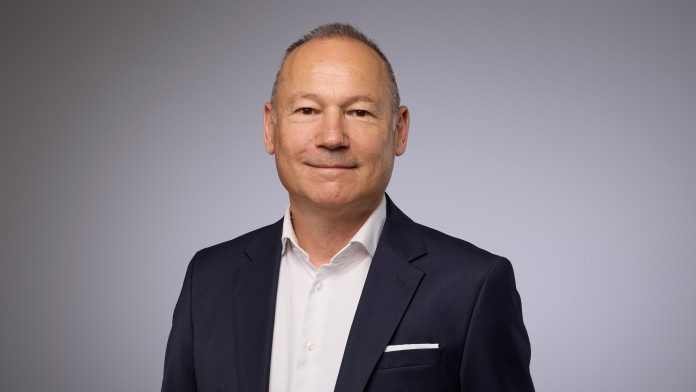Press Release from 2019-01-21 / Group, KfW Research
Entrepreneurial spirit among migrants is stronger
- Every fifth business founder in Germany is a migrant
- Two main reasons for higher than average start-up activity: desire for self-employment and disadvantages on the labour market
- Role models and greater willingness to take risks support inclination to set up new businesses
- Larger share of start-ups formed out of necessity due to disadvantages on the labour market
Migrants make an above-average contribution to start-up activity in Germany. They account for 21% of all business founders and make up 18% of the total population (on average from 2013 to 2017). There are two main reasons for higher start-up activity. First, migrants have a stronger desire for occupational independence than the population as a whole. Second, migrants have fewer prospects on the labour market and often become business founders in the absence of good job alternatives.
As a special analysis of the KfW Start-up Monitor 2018 shows for the first time, 38% of migrants generally prefer self-employment over salaried employment. In the overall population, only 29% would rather work for themselves than for someone else. An important factor behind this difference is that many migrants are more willing to take risks and have more entrepreneurial role models in their home countries.
In addition, migrants' poorer formal professional qualifications on average lead to more limited opportunities on the labour market. For example, 46% of migrants have no professional qualifications (or none that are recognised in Germany), while the figure for the total labour force is 22%. The disadvantages on the labour market mean that migrants start a business more often than average for lack of a better income alternative. The share of “necessity entrepreneurs” at 38% is well above the average of 31%.
Besides professional qualifications, another factor that affects labour market opportunities is proficiency in the host country's language. Two thirds of 18–64 year-old migrants mainly speak German at home. Only 35% live in a household that communicates primarily in a language other than German. These are often households whose members have only recently migrated. Speaking a foreign language at home is not synonymous with poor German language proficiency, but migrants from foreign-language households have fewer prospects on the labour market according to statistics. For example, they are more likely to be unemployed than migrants overall (12% versus 8%). This is why the proportion of necessity entrepreneurs is particularly high (48%). In addition, the desire to become self-employed is even higher than among migrants as a whole (41%). As a result, the self-employment rate among migrants from foreign-language households is disproportionately high (9% versus 7% for migrants overall).
Migrants from foreign-language households are slightly more inclined to start businesses with employees than migrants overall (36% versus 32%). The industry focuses mainly on personal services (42% versus 35%), especially the restaurant industry. In addition, migrants from foreign-language households are more aware of some of the challenges facing start-ups. They are more likely to be worried about their professional skills and business ideas. However, they perceive financing difficulties particularly strongly (40% versus 29%).
The Chief Economist of KfW, Dr Jörg Zeuner, says: "Migrants are an indispensable part of start-up activities in Germany, their self-employment rate is above average. There are two reasons: first, the entrepreneurial spirit of migrants is stronger. Second, they are also more likely to seek self-employment in the absence of job alternatives. This is partly due to the formal professional qualifications and language skills required on the German labour market. Removing language barriers in particular takes time – and requires the support of adequate courses."
KfW Research's current analysis of start-ups formed by migrants is available at www.kfw.de/fokus


Share page
To share the content of this page with your network, click on one of the icons below.
Note on data protection: When you share content, your personal data is transferred to the selected network.
Data protection
Alternatively, you can also copy the short link: https://www.kfw.de/s/enkBbm2w.B69A
Copy link Link copied